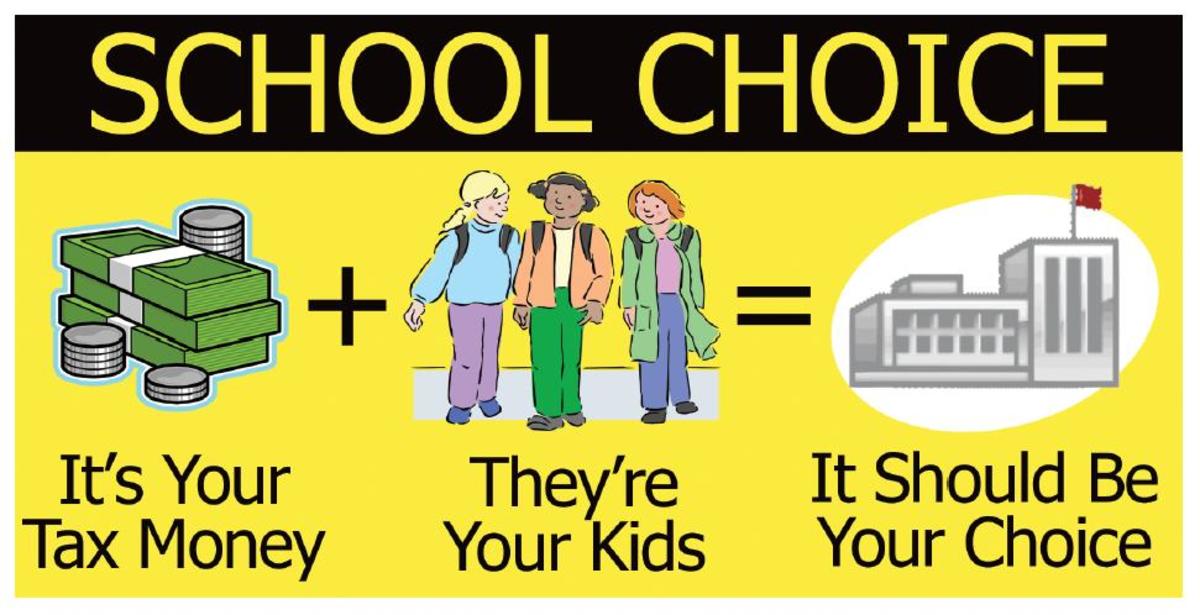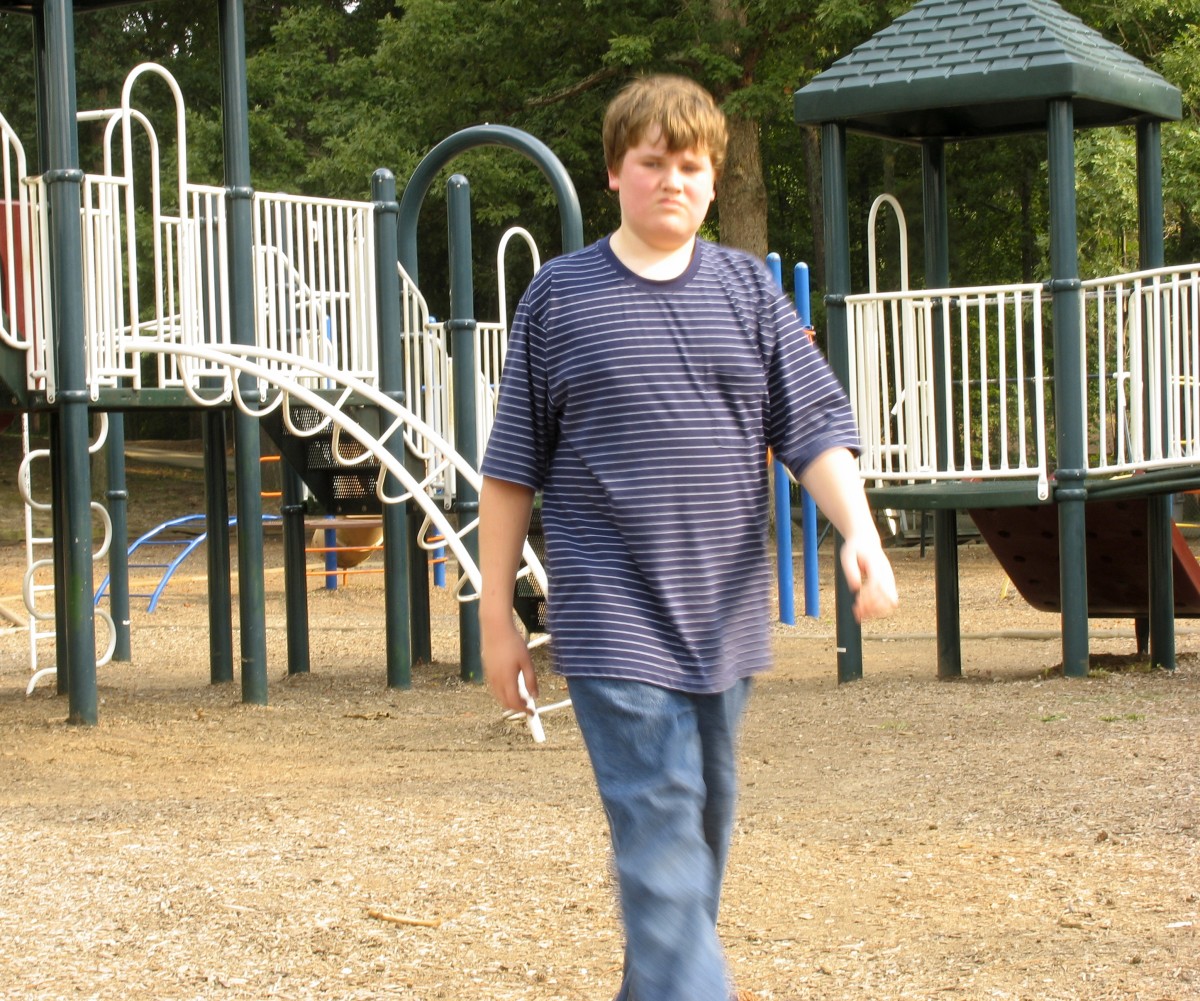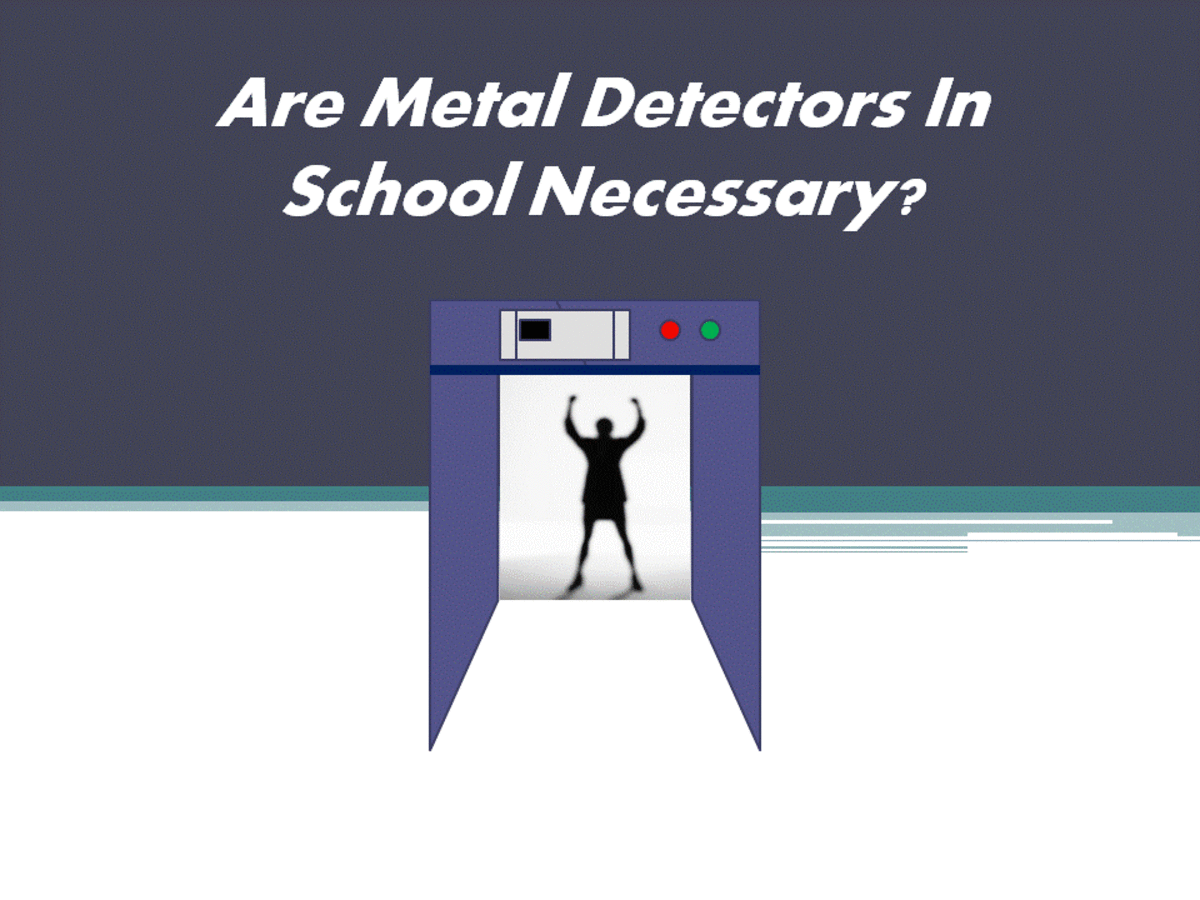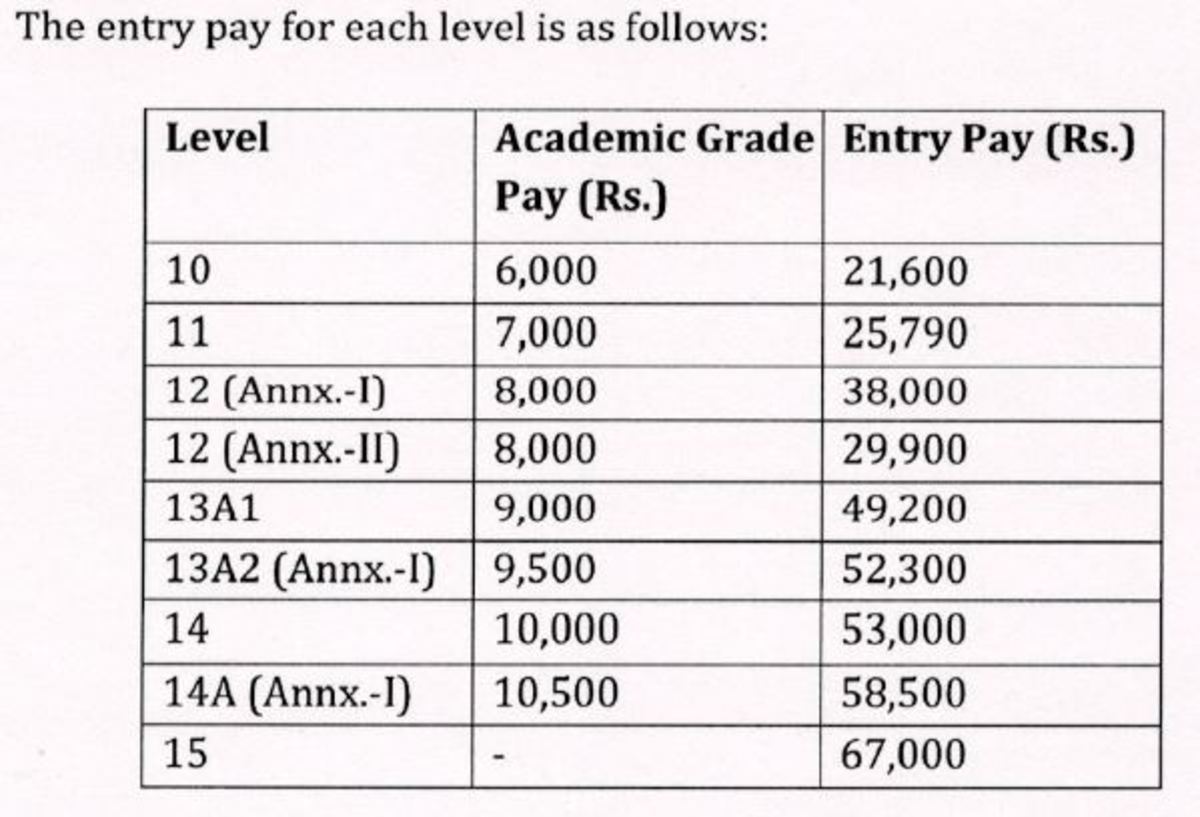Expectations in Education
Expecting Great Things
A couple of years ago I was taken aback by a comment a high-level school administrator made to me. He and some parents were not happy with me because several of my high school students had earned failing grades because they had not turned in essays or research reports by an extended deadline date. The students at issue were ones with particular problems such as procrastination, goofing off, and yes, even plagiarism. In all cases I had offered extra assistance, prodded them to stay focused, tried to reduce distractions around them, brought in my own resource materials for them to use, and any number of other ideas that came to mind. Why did I do this? That’s easy actually; I wanted them to succeed.
So imagine my surprise that March, during the last class period of the last day of school before spring break, when I was called into the office and berated. After stating that I was without a doubt the best teacher in the building, my administrator looked at me and unabashedly stated, “This isn’t Drader! (school name changed). Our kids can’t be expected to go to college!”
My reply to my superintendent that day was just as unabashed when I replied, “I expect every one of my students to go to college, and they know that I expect that of them!”
Just One of Many Who Cares

Who Cares Anyway?
When did we start letting kids off the hook because it was easier on us if we did? When did parents quit caring? When did school officials quit caring? When did colleagues quit caring? I actually had parents tell me, “Well he really won’t ever use this in life, anyway.” EXCUSE ME?! I teach English, and the last time I checked I was still living in The United States of America. Why does your child not need to know his own language? Why does he not need to know how to construct a sentence, a paragraph, . . . a letter to the judge explaining why he could never get a job and was forced to steal for a living?
Now, I will have to admit that I do live in Drader, which is an hour away from the school in question. The school district is top notch. Their graduation rate and the rate of students attending a post-secondary institution are commendable, whereby my school of employment is in a socio-economically depressed community that appears to be the town that Indiana forgot. Many of the students come from single-parent homes, or even no-parent homes. Many rely on grandparents or other relatives to provide for them. It is a school system where just when you think you’ve heard the worst background story imaginable, you are witness to an even worse one. It is a school with fewer than 300 students from preschool through twelfth grades, where high school teachers hope to get through the school year without any of the girls becoming pregnant, but are not shocked to learn that there are three little ones on the way. The most notable landmark appears to be what is known by the locals, police included, as “crack corner.” Admittedly, our test scores are not the best in the state by a longshot, but the English results were continually improving. Why? I expected the kids to learn. The kids knew that I didn’t expect them all to be at the same level, but I did expect each of them to improve upon themselves.
That’s how I was taught. I was HORRIBLE at math, but I still tried as hard as I could to learn it. My dad would quiz me on my multiplication tables every waking minute it seemed. Whether we were dropping my sister off at a Junior Achievement meeting, sharing a half-gallon of ice cream while watching “The Lucy Show,” or driving back home from a day of hunting, I was constantly being drilled on 7 x 8 and 12 x 12. It must have paid off because I eventually became a successful business manager at a university, dealing with million dollar budgets and taking my department back into the black six months after accepting the position. (It had been in the red for three years under someone else.) That department, and the university, can thank my parents and my teachers for caring enough to expect me to try. (As long as I'm at it, thanks Mom and Dad, and Mrs. O'Daniel for pushing math down my throat.)
A Child's First Teacher
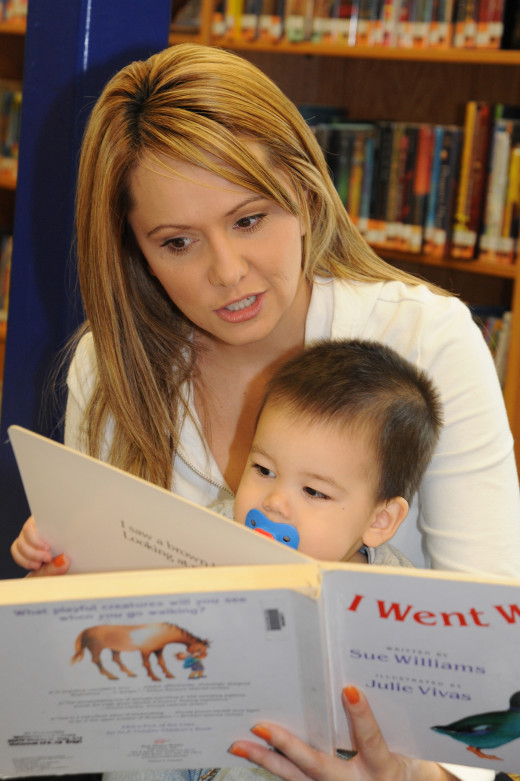
The First Teachers
Why give birth to the next generation if you aren’t going to expect them to do better than the last? Why allow children to get away with every excuse ever invented, instead of teaching them to be hard-working, respectable young adults? As the child’s first teachers, parents are expected to set good examples for their children. That doesn’t stop when they reach middle and high school. On the contrary, I would argue that that is the time when they need even stronger parenting. During that time there are umpteen distractions and temptations trying to lead students astray. Parents need to be involved in keeping their children on the path to success, and that is not by condoning cheating and other poor behavior. About cheating, one mom actually said to me, “Well we’ve all done it.” My jaw dropped so far I’m sure she would have been able to see my tonsils if I still had them!
I caught one student whose mother actually cheated for him. I had taught my students how to cite their sources according to the newest MLA format; I provided hard copies of information, as well as a website to help. Imagine my surprise when one student handed in his research report with the more extensive documentation of the 1980s—the style his mother had learned. Upon further investigation, not only did his mother type his paper, she wrote it for him as well. In retrospect, I think he would have accomplished a much nicer paper on his own.
Cheating on tests and plagiarizing papers appears to be becoming the norm rather than the exception. At the first school where I taught, I caught seventeen plagiarized papers at one time! Two of them were exactly alike, word for word. Both of those students had purchased the same paper off of the Internet, and even after I confronted them, each student claimed that the paper was his own. Where does that come from? Had I ever cheated on anything I would have been punished at school, and later punished at home.

Frustrations of Teachers
Even if the parents aren’t expecting the best out of their children, shouldn’t the teachers? Why become a teacher if you aren’t going to expect your students to achieve great things? I have become so disappointed as I’ve watched once-excellent teachers become complacent and lackadaisical. Where is the encouragement? Where is the expectation? Where is the excitement? Yes, it is frustrating when politicians involve themselves in education so much so that the curriculum is dumbed down, and teachers are held responsible for test scores for a student who has declared that he won’t even try to do well on the state test. It is frustrating when there is not enough money for supplies and you are spending your paycheck to buy paper, folders, Kleenex, and books. It is frustrating when your students don’t get enough to eat at home, but they have all the latest video games and have stayed up through the night to play them. But as teachers it is our place to push; if we don’t have high expectations of our kids, then who will?
Unexpected Outcomes
So what have my expectations gained for me? A lifetime of unexpected outcomes in the form of tears, smiles, and satisfaction. I cry tears of joy when I receive an e-mail or a Facebook message from former students thanking me for caring enough to push them, and reporting on how well they are doing in college. Smiles abound when I see the pictures of children of former students, and realize what amazing young moms and dads they’ve turned out to be. I reap enormous satisfaction from knowing that I’ve had a hand in shaping their futures, and that I've helped to create possibility. Success for them is success for me. It's a win-win situation.

